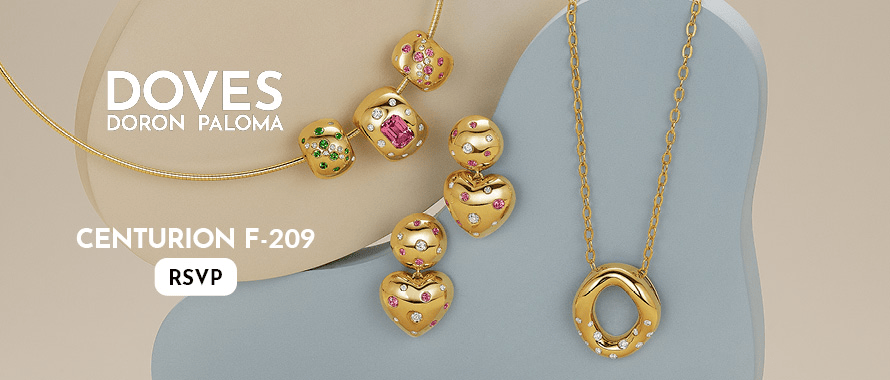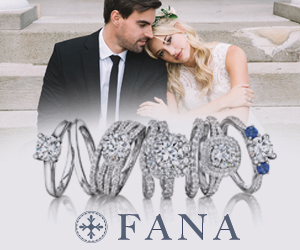Sales Strategy
Why Emotional Connection Matters More Than High Prices in Luxury March 27, 2025 (0 comments)

Sydney, Australia--Luxury brands have long relied on high prices as a mark of exclusivity and status. However, as Taylor Wells points out in their article, consumer expectations have shifted. Today's luxury shoppers—especially younger generations—aren't just buying products and experiences and values.
[Image via istockphoto.com]
According to the article, consumers now look for brands that resonate with their identity and offer emotional connection. For example, Yara, a young entrepreneur from Sydney, once saw luxury handbags as symbols of success. Now, she prefers brands emphasizing sustainability, craftsmanship, and ethical production. Similarly, Aaron, a marketing executive from Melbourne, has moved away from buying luxury just for status. Instead, he prioritizes personalized experiences and meaningful brand engagement.
This change in mindset challenges luxury brands that have stuck to traditional pricing strategies. As the article notes, brands failing to adapt to these shifts are seeing a decline in relevance and sales.
Why Emotional Connection Is Key to Luxury Pricing
Pricing in the luxury market is no longer just about numbers. As Taylor Wells' article states, it's about perception and emotion. Brands that create an emotional bond with consumers can more effectively justify their premium pricing.
Luxury hotel brands, for example, succeed not because they offer a place to sleep but because they provide a sense of belonging, personalized attention, and exclusivity. Guests pay more because they remember how they felt during their stay. The same concept applies to luxury fashion, where a high-priced dress isn't just about quality fabric but how it makes the wearer feel—confident, powerful, and sophisticated.
The article highlights that businesses that focus on these emotional connections are better positioned to command premium prices than those that rely solely on exclusivity.
The Resale Market: A Challenge and Opportunity
Traditionally, luxury brands have avoided the resale market, fearing it would dilute their image. However, as Taylor Wells explains, the resale market is thriving and has become a significant factor in luxury pricing.
One challenge is that some second-hand luxury goods, especially watches, are sold for more than their retail price. This disrupts the traditional scarcity model and raises the question: Why pay full price when a nearly new item costs less?
Instead of resisting resale, innovative brands are embracing it. Some luxury companies are launching certified pre-owned programs to ensure resale buyers stay connected with the brand. As the article notes, leveraging the resale trend helps brands maintain value while tapping into a growing customer base.
Adapting Pricing Strategies for Modern Luxury
As the article suggests, luxury brands must rethink pricing to stay relevant. Here are four essential approaches:
- Focus on Authenticity: Share your brand's story and align pricing with values to build stronger connections.
- Offer Personalized Experiences: Customers pay more when they feel special. Offer bespoke services and VIP access.
- Embrace Sustainability and Resale: Incorporate eco-friendly practices and resale partnerships to appeal to conscious consumers.
- Sell the Feeling, Not Just the Product: Successful brands sell emotions, not just items. Build emotional impact through branding and pricing.
Learn more in this article by Taylor Wells.






